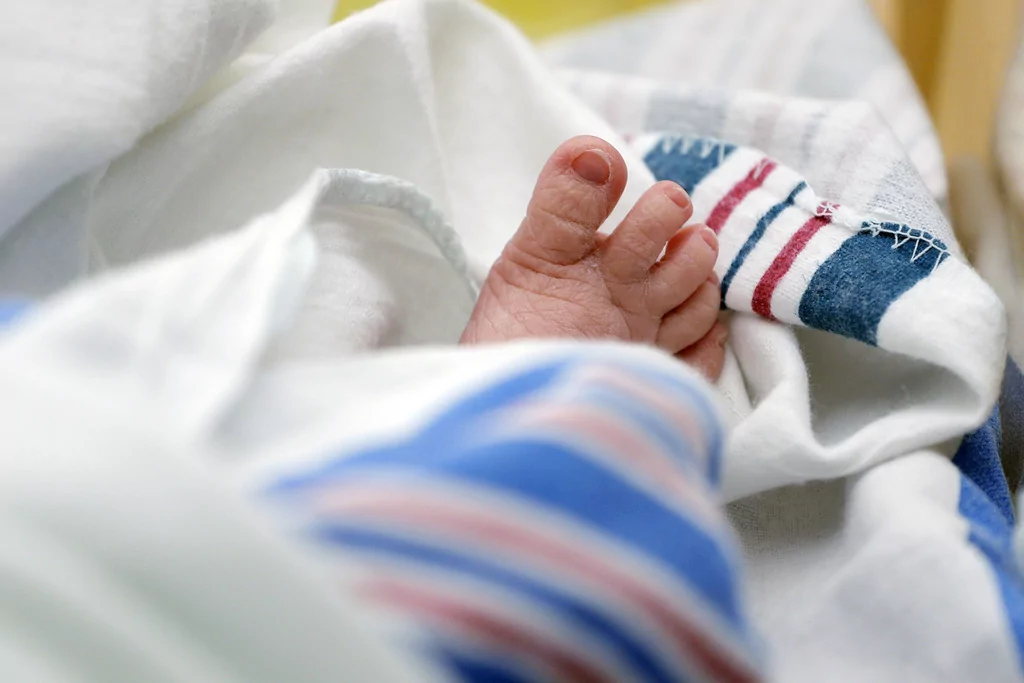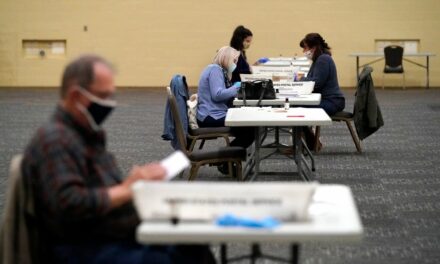We support our Publishers and Content Creators. You can view this story on their website by CLICKING HERE.

(The Center Square) – Washington state is among the 10 states in the nation where gender reassignment procedures performed on minors occur the most, according to data from Do No Harm, while Seattle’s Children’s Hospital was listed among the top hospitals in the nation.
Do No Harm is a nonprofit group of physicians and other medical professionals that gets its name from the Hippocratic oath: “First, do no harm.” According to its website, Do No Harm is “fighting to curtail the unscientific and individually harmful practice of so-called ‘gender affirming care’” for children.
The group’s database shows that from 2019-2023 in Washington state, there were 772 puberty or hormone blockers patients and 330 gender reassignment surgery patients age 17 and younger, making it third in the nation for total state patients for gender reassignment treatment on minors.
According to the 2020 U.S. Census, there were 1.68 million Washington residents under the age of 18, putting the rate of gender reassignment at one per 1,564 minor residents.
Do No Harm defines puberty blockers as “synthetic hormones which are used to postpone puberty in children” and gender reassignment surgery as “a cosmetic medical procedure meant to alter a person’s appearance to look like or mimic the opposite sex; these procedures cannot change a person’s sex. Types of sex reassignment surgeries include procedures such as ‘top surgery,’ ‘bottom surgery,’ and facial feminization/masculinization surgeries.”
According to the nonprofit’s database, the number of patients for both puberty blockers and surgeries increased from 2019 to 2022, but fell dramatically in 2023; however, both remained at levels above 2019.
The most prominent medical location for gender reassignment treatment was Seattle’s Children’s Hospital, which between 2019-2023 had a total of 246 hormone puberty blocker patients and 50 surgery patients. A total of $1.4 million was billed for these services, though this data does not include patients who paid partially or fully out of pocket.
Seattle Children’s Hospital has a gender clinic and describes itself as “the only pediatric academic medical center with fellowship-trained plastic surgeons who provide gender-affirming surgery in our region,” though genital surgeries are restricted to those 18 or older.
“For other surgeries, timing depends on many factors, like the patient’s stage of puberty and how surgery fits with the rest of their gender-related healthcare,” the website states. “A typical age is mid-teens or older.”
According to its website, they accept new patients ages 9 to 17.75 “at the time of referral who have already started puberty,” while those 17.75 or older and patients who have not yet started puberty are “directed to community resources.” Parental or guardian consent is required for treatments unless the patient is an emancipated minor.
The gender clinic also partners with the hospital’s autism center “to coordinate care for children and teens with autism and related social challenges.”
Earlier this year, doctors from Seattle Children’s Hospital released a paper arguing that “withholding GAC (gender affirming care) is harmful to children and amounts to state-sanctioned medical neglect and emotional abuse.”
Also earlier this year, Seatle Children’s Hospital reached a settlement with Texas Attorney General Ken Paxton after his office sought to obtain medical records from the hospital under the suspicion it was providing gender reassignment services to minors traveling from Texas, where those services are prohibited. As part of the settlement, the hospital withdrew its business license from Texas.
The Family Policy Institute of Washington is a religious organization that “serve(s) as the bridge between culture and government – interfacing with churches, pastors, government leaders, and media to articulate a clear vision for healthy families in our state.”
CEO and President Brian Noble told The Center Square that that he thought the numbers of gender reassignment procedures statewide “are actually lower than I thought they would be,” but also said “one of the things that I believe that is causing great anxiety within our young people is to remove the foundation of the scientific evidence of who they are. It’s not surprising to me that the Covid lockdown produced the harvest of certain people questioning their gender.”
He added that “this report is about minors. We’re talking about nonadults who can’t even drink a beer or get a tattoo making these decisions.”
Seattle Children’s Hospital did not respond to request for comment on Do No Harm’s data or its nationwide ranking.
The State Attorney General’s Office also did not respond to request for comment on the effects of gender reassignment procedures on youth mental health; the AGO recently filed a lawsuit against TikTok claiming that it is harmful to youth mental health.

 Conservative
Conservative  Search
Search Trending
Trending Current News
Current News 





